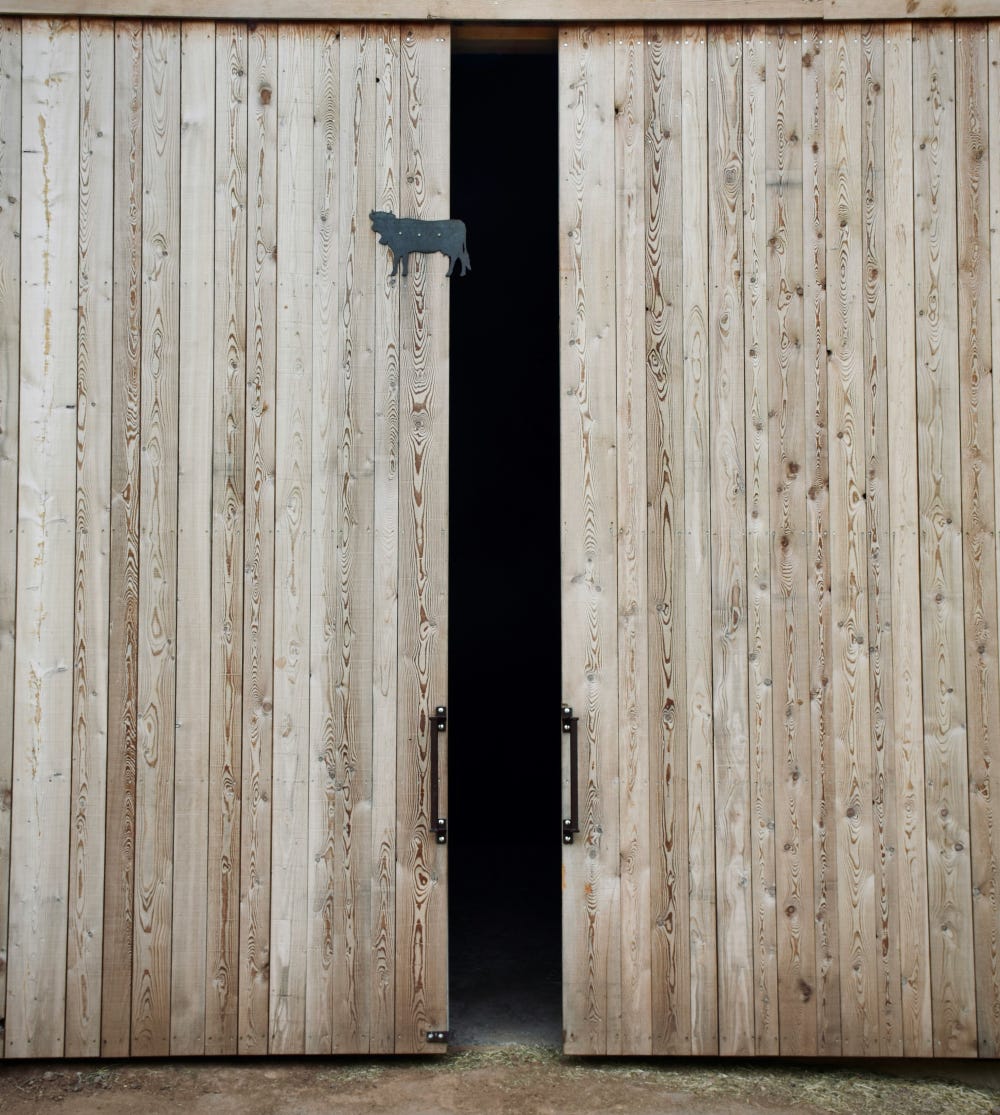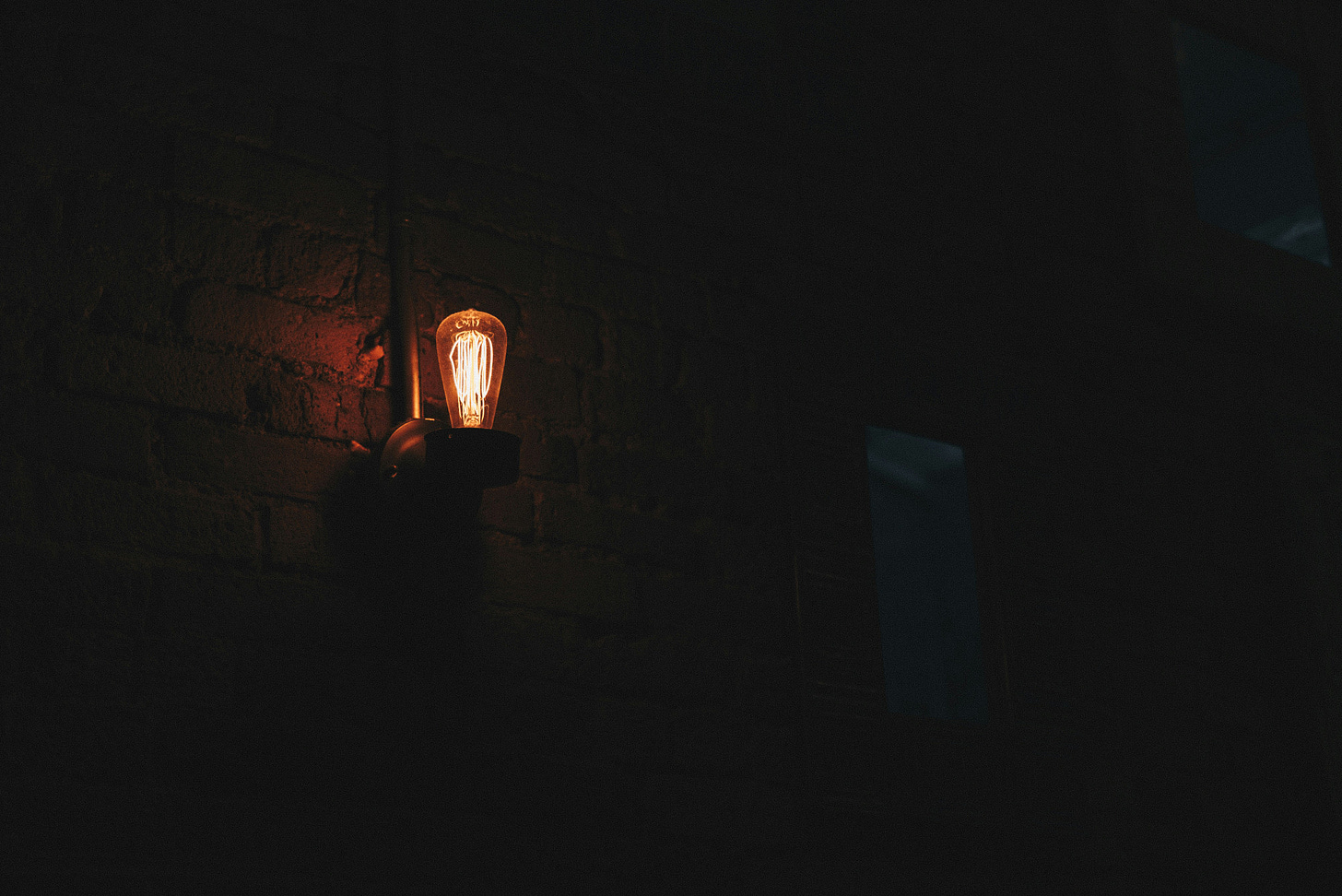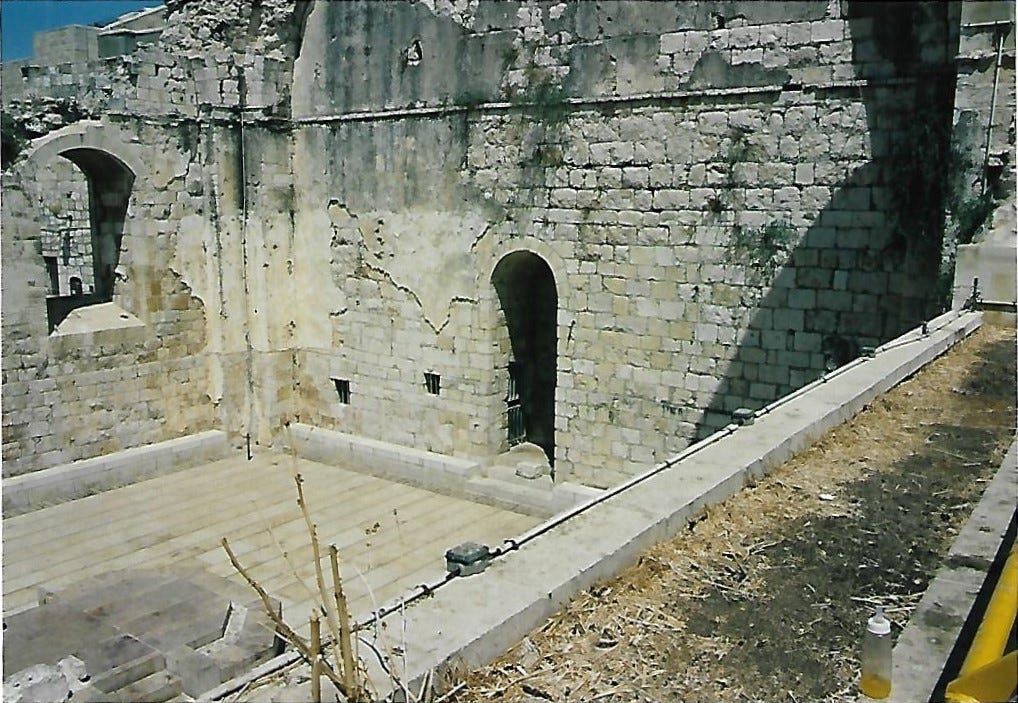Baseless Hatred: What It Is, How It Hurts
We need to look into our own hearts and root out any we find
Today is the 17th of Tammuz. It is a dawn-to-dusk total fast (not even water is allowed, unless required by a doctor and discussed with a rabbi). It begins a period called the Three Weeks, a time of increasing seriousness culminating on the 9th of Av, when the Second Temple in Jerusalem was destroyed.
The Temple was, we believe, God’s home on earth. Its destruction and the concomitant enslavement of the Jews of Jerusalem and their exile to Rome was traumatic. Breaking a glass at a wedding and not using musical instruments on Shabbat or holidays are two reminders of this tragedy, customs still practiced by those of us who keep Jewish law.
During the first two of the Three Weeks we keep a few mourning customs, but for Ashkenazi Jews, the nine days beginning with the first of Av are days of serious mourning. Among the customs are that we do not travel for pleasure, nor wear new or freshly laundered clothes (except on Shabbat); we bathe only quickly and as necessary for hygiene; we avoid wine and do not eat meat or poultry. Most Sephardim (Jews from North Africa and the Middle East) keep these stringencies during the week in which the 9th of Av occurs.
Five terrible things happened on the 17th of Tammuz in ancient history:
Moses broke the tablets when he saw the Jewish people worshipping the Golden Calf.
During the Babylonian siege of Jerusalem, the Jews were forced to cease offering the daily sacrifices due to the lack of sheep.
Apostomos, a Greek or Roman identified in the Talmud only by this name, burned the holy Torah.
An idol was placed in the Holy Temple.
The walls of Jerusalem were breached by the Romans, in 69 CE, after a lengthy siege. (Three weeks later, after the Jews put up a valiant struggle, the Romans destroyed the second Holy Temple on the 9th of Av.) The Jerusalem Talmud maintains that this is also the date when the Babylonians breached the walls of Jerusalem on their way to destroying the first Temple.[i]
Our lives and the lives of all Jews changed dramatically because of the events of this period. In addition to the destruction of the Temples, the Spanish Inquisition chose this date in 1492 as the final date for any Jews to be in Spain. Other tragedies befell us on this date, and many of us in Israel expect our present enemies to do something to “celebrate” it this year, possibly a barrage from Iran as we had during Passover. We are taught that the Second Temple was destroyed due to baseless hatred among the Jewish people, and that fasting and mourning during this period helps to rectify this.
Why Hatred?
Hanan Parvez, a psychologist who writes about behavior, says, “Hatred is an emotion we experience when we feel someone or something is a threat to our happiness, success, and well-being. The feelings of hatred are there to motivate us to move away or avoid the people or things we believe have the potential of causing us pain.”[ii]
Other researchers say that hatred is a strong feeling against what someone (or a group) is, as well as a desire to hurt the offender. Anger, on the other hand, involves what someone (or a group) did.
Many kinds of hatred have specific causes. Major reasons we hate are:
Jealousy: someone else has something we want, or think we should have received
Desire for revenge: someone did something harmful to us or someone/something we love, and we want to hurt them in return
Fear of the other: someone belongs to a different group
Self-hatred: assuming others are or demonstrate those things we dislike about ourselves
Powerlessness: having no or very little power or control in a situation.[iii]
All these forms of hatred are protective of ourselves or others, but are often turned to bad ends. Being aware of these reasons may help us control negative feelings towards other individuals or groups. If we can identify a reason for our hatred, we can see the ways in which it is foolish or wrong. This is the first step to ridding ourselves of it. Following and understanding Jewish law can help.[iv]
Jealousy is against the Ten Commandments, a strong reason for many of us to reevaluate our emotions when jealousy is involved. Faith in God often helps here: if God didn’t give it to me, I am not supposed to have it, or at least not now. (I might be angry at God for not giving it to me, but anger is not jealousy and feeing anger, while frowned on in Jewish law, is not one of the Ten Commandments.)
Revenge is not acceptable according to Jewish law: revenge belongs to God and may take place in ways we cannot see, or perhaps not during someone’s lifetime.
Hatred based on fear of others can be ended by learning about the other. Hatred between the Haredi (“ultra-orthodox”) and non-religious Jews has been an issue in Israel for generations. But the absolute horror of the events of October 7th shocked everyone in Israel, and many Haredi—who are exempt from serving in the military—decided to help. Cooking Shabbat meals and providing other necessities for soldiers and supporting families displaced by the war are some activities through which Haredim are coming in contact with other Israelis. Both sides are realizing they have more in common than not.
Judaism teaches self-control and the importance of joy. Many people overcome negative feelings of self through study of holy writings. For others, psychological counseling can reduce or eliminate self-hatred.
One who trusts in God trusts in God’s power. Recognizing that one’s feelings of hatred stem from powerlessness can prompt a believer to focus on and improve trust and faith in God.
Two Kinds of Baseless Hatred
Since October 7 we have seen a huge increase in hatred focused on Israel and the Jewish people. While a core of protesters and writers have geopolitical reasons for hating Israel, the majority of protesters at the college-based demonstrations and encampments know virtually nothing about Jews or Israel, do not understand the slogans they chant, and apparently see nothing wrong with spouting them. Their hatred has no basis in fact.
Hatred shown by successful Blacks towards the USA and white people—proclaiming they are victims of systemic racism when they have prestigious jobs, are famous, and earn more than the vast majority of Americans—can also be considered baseless since it has no basis in fact.
Perhaps today’s most outrageous example of baseless hatred is that focused on Donald Trump. The vast majority of accusations against him have no basis in truth, but people are happy to call him terrible names without doing the smallest bit of research to uncover the facts.
These examples of baseless hatred, baseless in fact, are built on the blind acceptance of an “authority” and the desire to be part of a crowd. To a large part they are fomented for political gain or the desire for power by manipulative individuals or groups. They depend on a complicit media and/or the charisma of leaders. This kind of hatred is different than the baseless hatred of Tisha b’Av.
Hatred for what seems like no reason at all is ignored by most modern researchers of hatred. Yet it exists. Sometimes a person takes an instant dislike to another person. It might be that someone looks, sounds, or even smells like someone that did him wrong. His body, in a desire to protect him, tenses when he sees that person. He might not even be conscious of the resemblance to his old enemy: he is just filled with negative emotion when he sees the person. Or maybe she does some little thing that irritates him, and he decides she must be a bad person. He then may start criticizing little details about her until his hatred is full-blown.
In my estimation, this can be the hardest kind of hatred to eradicate from our own hearts. It is less visible to ourselves, or appears to be a simple negative feeling that we can easily push aside, not being aware of how it impacts our life. Tisha b’Av and the three weeks leading to it remind us to search in our hearts for baseless hatred—both kinds—and to root them out.
Sometimes reading or hearing about the subject is enough.
A True Story
Many years ago I was hired to tell stories at a Jewish camp in New Hampshire during the Nine Days.[v] I had never been to that camp, which was a two-hour drive from my home in Boston. My car was unreliable, so the morning of the performance I rented a car. After loading it with my portable sound system, costume, and a sack supper, off I went.
It was a hot and humid August day, and I appreciated the good air conditioning in the car. But I’m very short and although the car was the smallest on the rental lot, it was so large I had to crane my neck to see over the steering wheel. By the end of the drive I had a stiff neck and the beginning of a headache. I dragged my equipment from the parking lot to the camp office and awaited instructions. As my contract stated, I had arrived more than 30 minutes before the performance time. I needed time to change into my costume, set up and test my equipment, and make any necessary changes to the hall or stage.
After waiting about 20 minutes outside the locked camp office, a harried senior counselor ran over to me. “So sorry you’ve had to wait in the sun,” he said. “This afternoon was our camp’s annual tennis tournament, and we ran overtime. The campers won’t have time to shower and change before your performance.”
Who wants to perform to an audience of hot, sweaty, exhausted kids? But hey, I was a pro. I smiled and said, “That’s fine, I’m sure everything will work out.” I followed him to the building where the program was scheduled. As we entered, he flipped the light switch. Nothing happened. He ran to the breaker box behind the stage and fiddled around: nothing. “I’ll get the maintenance director,” he said, running out.
Performance time was fast approaching, no one was around and I was alone in a dim room. I quickly pulled my costume over my clothes, pulled my street clothes off from underneath, and hoped I looked alright. Although the performance was scheduled to begin in less than ten minutes, the campers had not started coming and the room was still dark. And hot.
As I sat on the edge of the stage, waiting, I looked around. Raw wood walls, a double door, and no windows reminded me of a barn I’d seen as a child. The room was dim with the double doors open. It would be pitch-black if the doors were closed. And hot? While cooler than outside, it was at least 90 degrees. I prayed for a quick fix to the power and good air conditioning.
Soon the counselor was back. “Sorry, I forgot the maintenance guy’s not here today, he had a family wedding and had to take a few days off. But I’ve brought some lanterns.”
He set a few large battery-operated lights on the stage and turned them on. Right then a deep-toned metal bell sounded outside, and a few moments later the campers began streaming into the room. The counselor introduced me and left the building, shutting the doors to keep out the sound of the camp band, which was rehearsing for the evening program. I took several deep, relaxing breaths and asked God for help.
The room descended into blackness, the only lights the three or four lanterns on the stage. Maybe the campers could see me, but I was looking out into what looked like nothingness. If a camper hadn’t sneezed and another couple shifted in their chairs, I wouldn’t have known anyone was there.
I took another deep breath and began.
As I told stories, the room remained silent. Not only didn’t the campers applaud between stories, they didn’t even shift in their chairs. A few times the door opened and shut, and as the quiet continued I began to wonder if they were all asleep or if they had tiptoed out and I was telling stories to an empty hall.
I shortened my performance by skipping a story. Finally I came to the last one, the Talmudic tale of Kamtza and Bar Kamtza. Kamtza was a rich man and Bar Kamtza was his enemy. The rich man held a feast to which he invited all the important men of Jerusalem: the business, government, and religious leaders. He had not intended to invite his enemy, but Bar Kamtza had received an invitation by mistake. The enemy went to the feast.
The Talmud does not explain why he went. I like to imagine, and so I told the campers, that perhaps he had thought the invitation was a sign that Kamtza wanted to end their conflict. This was not the case. Kamtza was incensed that his enemy had come, and he told him to leave.
Bar Kamtza asked to stay, offering to pay for the whole event rather than to be humiliated by being thrown out. But Kamtza did not agree. Bar Kamtza left. All the leaders of his city had seen his humiliation and not one had come to his defense.
Our sages teach that public humiliation is worse than murder. When a person is murdered, he dies once. When a person is humiliated, he dies every time he is in the presence of a person who saw his humiliation. Unbearably shamed, Bar Kamtza dreamed up a plot to hurt the people who had seen and had done nothing. His plot was to make the Roman rulers angry. He made the Romans so angry that they decided to destroy the Temple and the city, and to take the citizens to Rome as slaves.
Such, I explained to the silent hall, was the result of baseless hatred. Tisha b’Av, I ended, was a time for each of us to take stock of our own relationships and heal the ones that we could, because hatred, especially baseless hatred, is so destructive.
I bowed to the silent darkness, someone opened the double doors, and the campers quietly left.
I took my unused equipment back to the camp office. I had a splitting headache, was hot and totally discouraged. All the hours spent preparing for this afternoon, renting a car, four hours of driving—all to perform in a hot, dark hall to an invisible, probably sleeping, audience.
A different counselor came along and handed me an envelope with my payment. I suggested that in the future they give the campers free time after their tennis tournament—that they had been too tired to appreciate another activity. The counselor nodded and asked if I needed anything. She returned in a few moments with my request: water and acetaminophen.
She unlocked the office so I could change back to my street clothes. When I came out carrying my electronics and the tote with my costume, a boy of about 12 was standing by the door. “You going to the parking lot?” he asked. “Let me carry your stuff.”
As we walked to the parking lot he said, “I really enjoyed your stories, especially the last one.” I thanked him, thinking that was all he wanted to say. We were both silent until we got to the car. I opened the trunk and he put my things in it.
I started to thank him for carrying my things but he interrupted. “I’ve been coming to this camp for years. My second year a new boy came, and for some reason we didn’t like each other. I don’t remember any reason, but we became enemies. Every summer we are enemies. But there’s no reason, he’s actually a perfectly nice kid. I am going to talk to him, tell him I’m sorry that I wasn’t nice to him, and ask him if we can be friends. If he says no, at least I will have tried.”
I was stunned. I had no idea how to respond. But he didn’t wait for me to speak. He slammed the trunk shut, turned and hurried back to the camp. I think he was embarrassed at having revealed so much.
The two-hour drive home flew by. I had been telling stories professionally for several years to audiences in many states and in all kinds of venues. I’d faced many challenging situations. This one, with excessive heat, darkness, a tired audience, no microphone, and a headache, had seemed like the worst. But the afternoon that I had thought was wasted turned out to be one of the most worthwhile. One child learned something important and was going to put the lesson into action. I knew that, as difficult as the day had been, I had been put there because that child needed to learn the lesson of Kamtza and Bar Kamtza.
[i] Parvez, H., What causes hatred in people? PsychMechanics.com, updated July 13, 2024, https://www.psychmechanics.com/what-causes-feelings-of-hatred/, accessed July 21, 2024.
[ii] Posgosyan, M., Understanding hate: 9 insights into hate from psychological research. Psychology Today, posted Nov. 25, 2019, https://www.psychologytoday.com/us/blog/between-cultures/201911/understanding-hate, accessed July 21, 2024.
[iii] Abrams, A., The psychology of hate: why do we hate? Psychology Today, March 9, 2017, https://www.psychologytoday.com/us/blog/nurturing-self-compassion/201703/the-psychology-hate, , accessed July 21, 2024.
[iv] Christianity may help in the same ways but I do not purport to be an expert.
[v] Most of the camp story appeared in 2021 on the Chabad.org website under the title, My most unforgettable performance in a dark, hot barn, but parts have been changed to fit the focus of this essay.







Excellent article. I wonder what this child is like today. This deep lesson must have effected his life positively in many ways through the years. Perhaps he's a mediator?
Beautiful! Timing, impeccable ❤️🩹
I believe you’ve had a number of these impactful moments that you are unaware of- like sewing seeds- grateful for your story telling 🙏🏻